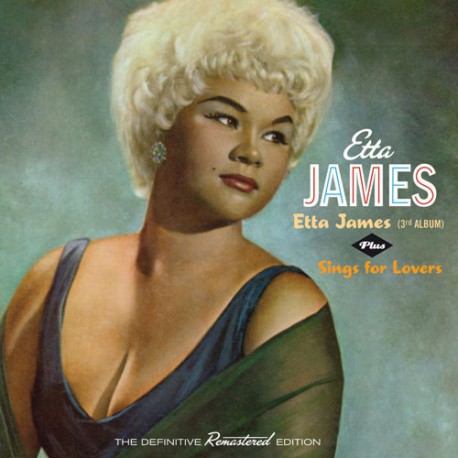“At Last” is one of those rare songs that transcends time, genre, and era, carrying listeners away with its raw emotion and soulful delivery. Sung by the legendary Etta James, it has become a powerful anthem of love and longing that has resonated with generations since its release in 1960. The song, drenched in romance and sultry elegance, carved a timeless place in the hearts of millions worldwide.
Originally, “At Last” was not crafted for Etta James. Composed by Mack Gordon and Harry Warren in 1941 for the film Sun Valley Serenade, it debuted as a big band number performed by Glenn Miller and His Orchestra. Its lyrics express the long-awaited bliss of love’s arrival. As American musical styles shifted—from big band to jazz, then to rhythm and blues—the song found its definitive voice through James.
Born in Los Angeles in 1938, Etta James’ musical journey began in gospel before blossoming into R&B and soul. Despite the systemic barriers facing Black female artists in her era, her powerful and emotive voice set her apart. When she recorded “At Last” in 1960, it was as if the song and singer were destined to unite. Produced by Leonard Chess, James’ rendition became the centerpiece of her debut album, At Last!, electrifying audiences with yearning, satisfaction, and unfiltered emotion.
Why does “At Last” resonate so strongly? Its simple yet poignant lyrics — “At last / My love has come along / My lonely days are over / And life is like a song” — sung with James’ husky, experience-rich voice, tell a story of struggle and triumph that touches listeners universally. The lush orchestration supports without overshadowing, heightening the song’s dreamlike aura.
The song’s impact and legacy are extraordinary. James’ version is deemed definitive, immortalized through films, television, commercials, and countless weddings, and in 1999 inducted into the Grammy Hall of Fame. Cover versions by artists like Beyoncé (notably her 2009 performance at President Obama’s inauguration ball) pay homage, but none eclipse James’ raw power.
“At Last” mirrors James’ own life, reflecting her battles with addiction, industry marginalization, and personal hardship. Yet through it all, her resilience shines — her voice narrates a journey from hardship to triumph, connecting deeply with listeners.
Today, its timeless relevance endures because the song captures the universal human quest for love and belonging. In a transient musical landscape, “At Last” stands as a monument to sincerity, artistry, and emotional depth.
Etta James’ voice continues to echo across decades, inviting all who hear it to feel, hope, and remember the healing power of love’s arrival—at last.
